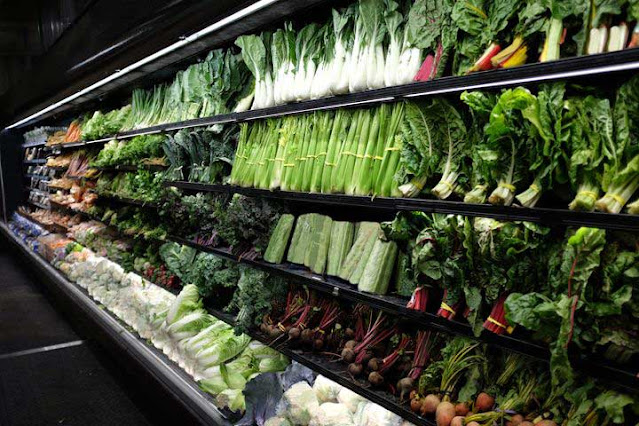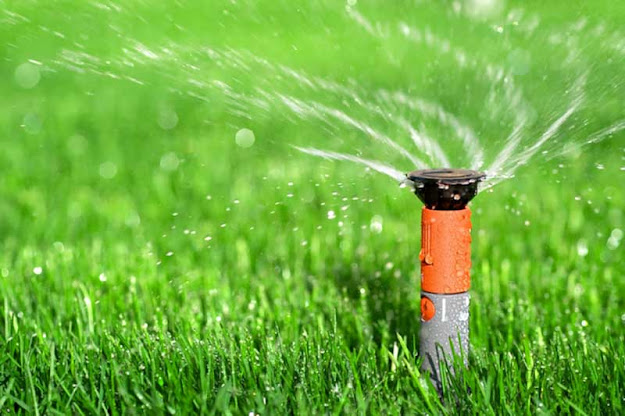The Risks of Using Chemical and Organic Fertilizers
Using fertilizers has always been a hot topic with gardeners, farmers, and scientists. With the recent news about salmonella poisoning occurring at a higher rate these days, we must look into what types of chemicals and natural products we are mixing on our crops, gardens, and lawns.
In recent news, the U.S food and drug administration (FDA) is currently searching for the cause of the current outbreak in tomatoes. Over 165 people have become ill all over the U.S. There are over 1.4 million cases of related food poisoning. In 2006 there were about 600 deaths related to salmonella. Is the way we grow the food affecting our crops? We will take a look at fertilization, especially organic fertilizers, and show the effected risk and concerns.
When it comes to over-fertilization, we can look at and discuss artificial fertilizers. Because synthetic fertilizers are used in such massive quantities and the destructive chemicals used in them, artificial fertilizers can slow down the ecosystem, mainly due to the significant increase in nutrients.
Storage of organic and inorganic fertilizers can also be harmful. When storing nitrogen fertilizers, it is possible with the proper weather and soil conditions to release emissions of the greenhouse gas nitrous oxide. Excessive use of nitrogen will also lead to a pest control problem down the road.
Organic fertilizers can also be harmful. Manure and Urea are said to release methane, nitrous oxides, and carbon dioxide in unreliable amounts. This all depends on the form, whether they are reliable or liquid.
Other concerns that affect both types of fertilizers are excessive nutrients being entered into the soil will cause the burning of the plant. There is also the need for continual monitoring of the soil and the reapplication of the fertilizer regularly, which could lead to over-fertilization.
Although organic fertilizers help out in the long run, it is still unknown what effect these natural and artificially made chemicals will have for our crops in the future.
The most pressing concern is that because of the consumption of global resources, we are running the risk of forever polluting the environment as we are continuously releasing significant quantities of greenhouse gases into the environment by not taking care of the storage of fertilizers.
In recent news, the U.S food and drug administration (FDA) is currently searching for the cause of the current outbreak in tomatoes. Over 165 people have become ill all over the U.S. There are over 1.4 million cases of related food poisoning. In 2006 there were about 600 deaths related to salmonella. Is the way we grow the food affecting our crops? We will take a look at fertilization, especially organic fertilizers, and show the effected risk and concerns.
Is over-fertilization possible?
When it comes to over-fertilization, we can look at and discuss artificial fertilizers. Because synthetic fertilizers are used in such massive quantities and the destructive chemicals used in them, artificial fertilizers can slow down the ecosystem, mainly due to the significant increase in nutrients.
Storage of organic and inorganic fertilizers can also be harmful. When storing nitrogen fertilizers, it is possible with the proper weather and soil conditions to release emissions of the greenhouse gas nitrous oxide. Excessive use of nitrogen will also lead to a pest control problem down the road.
Organic fertilizers can also be harmful. Manure and Urea are said to release methane, nitrous oxides, and carbon dioxide in unreliable amounts. This all depends on the form, whether they are reliable or liquid.
Other concerns that affect both types of fertilizers are excessive nutrients being entered into the soil will cause the burning of the plant. There is also the need for continual monitoring of the soil and the reapplication of the fertilizer regularly, which could lead to over-fertilization.
Although organic fertilizers help out in the long run, it is still unknown what effect these natural and artificially made chemicals will have for our crops in the future.
The most pressing concern is that because of the consumption of global resources, we are running the risk of forever polluting the environment as we are continuously releasing significant quantities of greenhouse gases into the environment by not taking care of the storage of fertilizers.



评论
发表评论